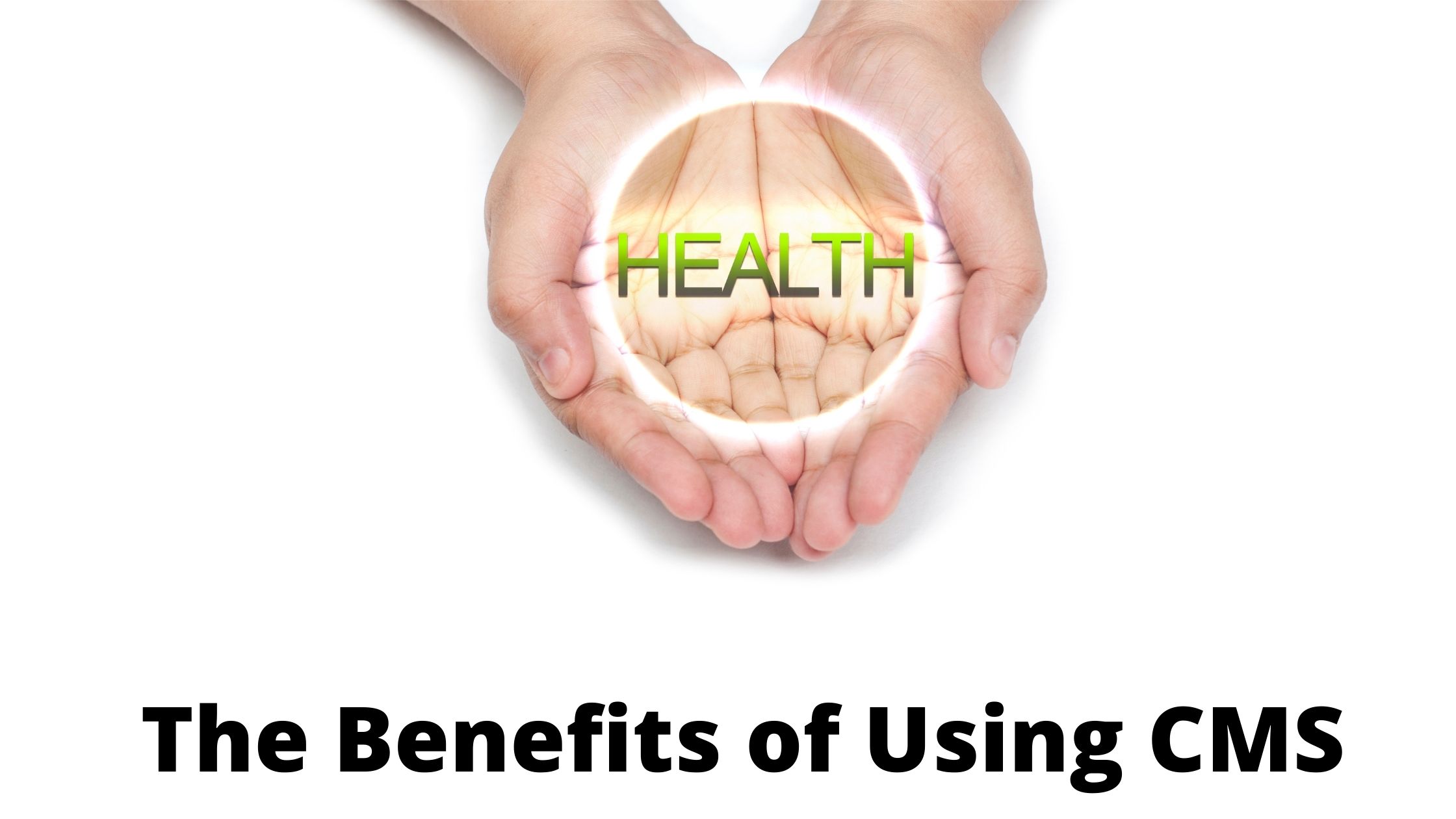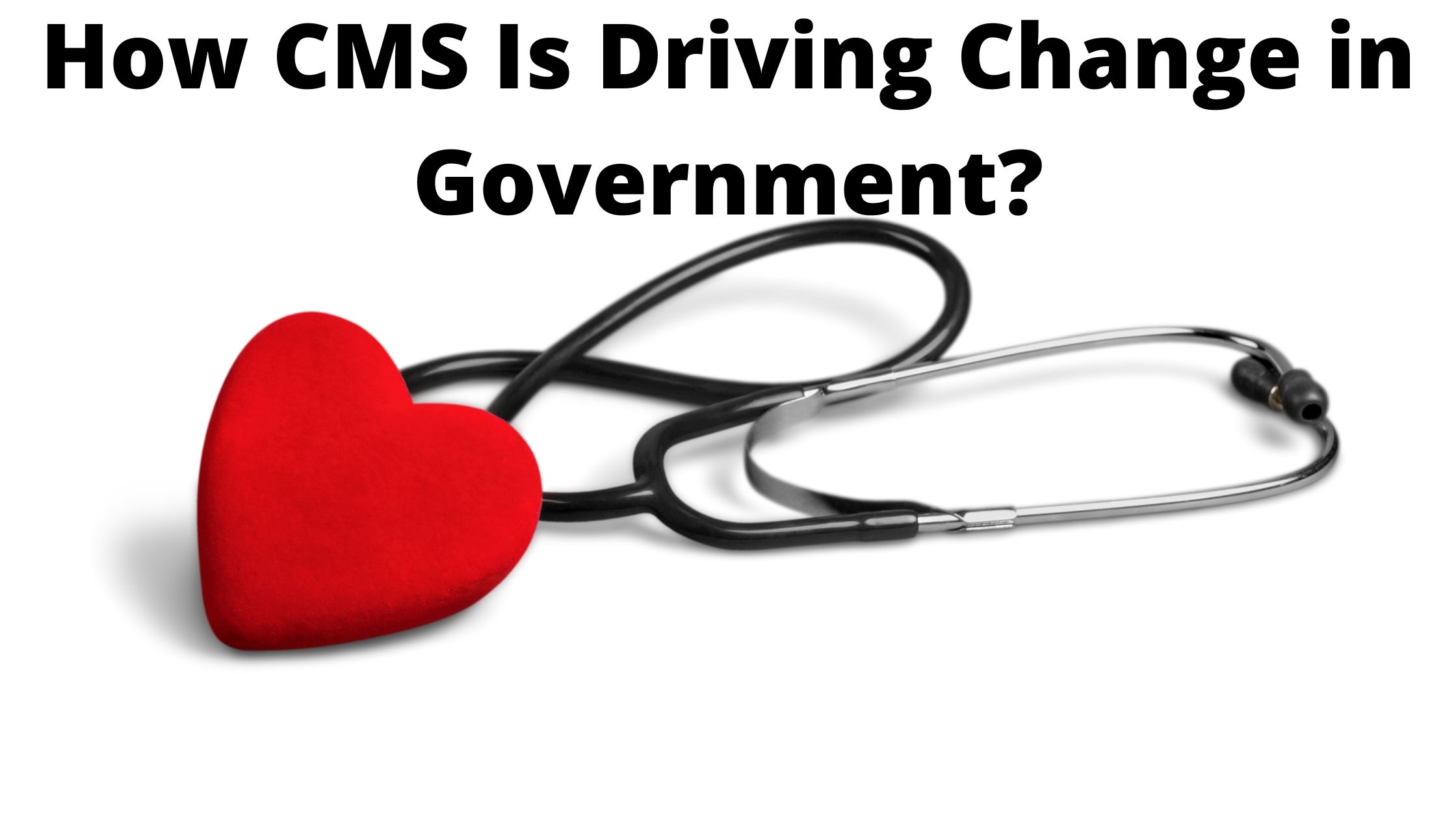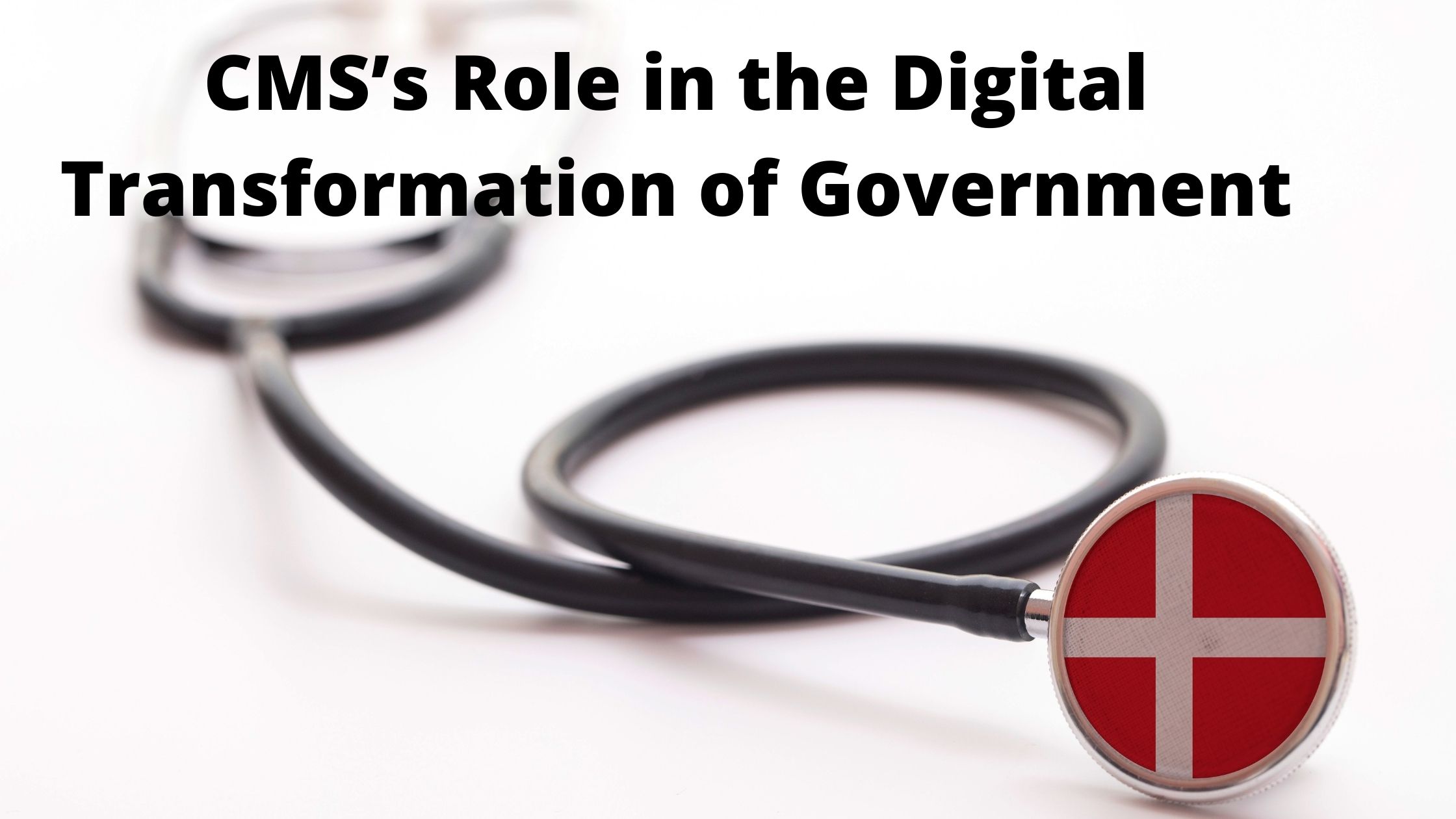Introduction to CMS
Since its inception, CMS has been a dominant player in the government information technology space. It is used by agencies of all levels of government to manage their information systems and deliver services to their users.
However, CMS is not without its challengers. New technologies are emerging that aim to disrupt the market share of CMS. This article will explore the top ways CMS is being disrupted, and give you tips on how to get the information you need using these technologies.
How CMS Is Driving Change in Government?
CMS is driving change in government by making it easier for agencies to manage their information and by providing them with better tools to achieve their goals.
One of the most important changes that CMS has made is the way it manages information. CMS has developed a system called e-Government which makes it easier for agencies to manage their information and find the information they need. This system is based on the use of digital technology.
CMS has also created a number of tools that help agencies achieve their goals. One of these tools is called the Government Performance and Results Act ( GPRA ). GPRA is a law that sets standards for how agencies should operate and report their performance. This law has helped to improve government efficiency and transparency.
Overall, CMS is driving change in government by making it easier for agencies to manage their information and by providing them with better tools to achieve their goals.
CMS’s Role in the Digital Transformation of Government
CMS is playing a vital role in the digital transformation of government. This transformation is making it easier for governments to operate online and connect with their citizens.
One of the ways CMS is helping to drive this transformation is by providing government with digital services. These services are designed to make it easier for government to operate online and deliver services to citizens.
For example, CMS provides governments with digital forms that can be used to collect information from citizens. These forms can be used to collect information about demographic data, such as age, gender, and race. This data can then be used to improve government services and target them specifically at the needs of the population.
Another way CMS is helping to drive the digital transformation of government is by providing governments with access to technology. Governments can use this technology to improve their operations and connect with their citizens more easily.
In short, CMS’s role in the digital transformation of government is making it easier for governments to operate online and connect with their citizens. This is a vital step in improving the quality of life for all citizens.
The Benefits of Using CMS
CMS is a revolutionary software that is changing the way governments operate. It allows governments to manage their data more efficiently and quickly. CMS also makes it easier for government officials to communicate with their constituents.
There are several benefits to using CMS, as outlined below:
1. CMS Allows Government Officials to Manage Their Data More Efficiently and Quickly
CMS allows government officials to manage their data more efficiently and quickly. This means that they can communicate with their constituents more effectively and respond to requests faster. Additionally, it makes it easier for them to track the progress of projects.
2. CMS Makes it Easier for Government Officials to Communicate with Their Constituents
CMS makes it easy for government officials to communicate with their constituents. This means that they can get feedback on proposed changes or updates in a much faster manner. It also allows them to keep track of public sentiment on specific issues.
3. CMS Reduces the Risk of Accidents and Mishandling of Data
CMS reduces the risk of accidents and mishandling of data by ensuring that all data is properly stored and managed. This prevents costly mistakes and keeps government officials up-to-date on important information.
Conclusion
Government is a crucial part of our society and without it, we would not be able to function. However, with the growth of the internet and the ubiquity of content management systems (CMS), government agencies are now facing several challenges that they haven’t had to deal with in years. CMSs have made it easy for anyone with an internet connection to create and publish content, which has led to a proliferation of information that is difficult for government agencies to keep track of. In this article, I will discuss five ways CMSs are disrupting government and how you can get the information you need in order to stay informed about the latest developments.

